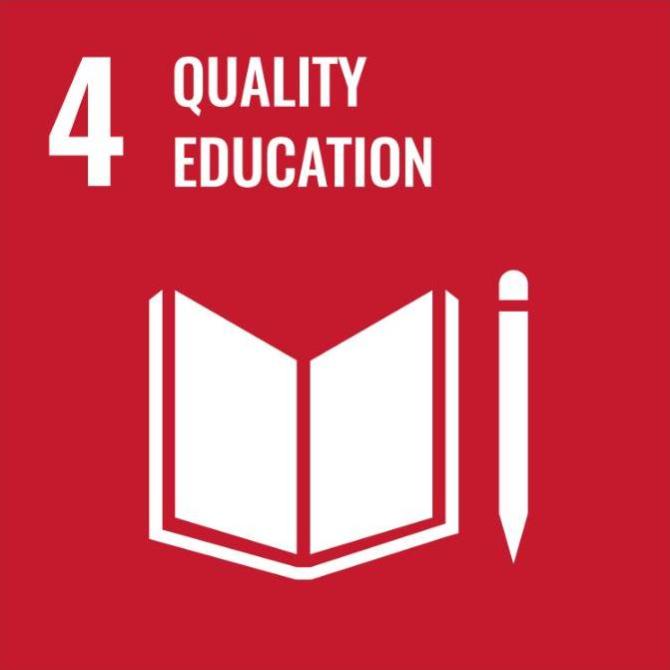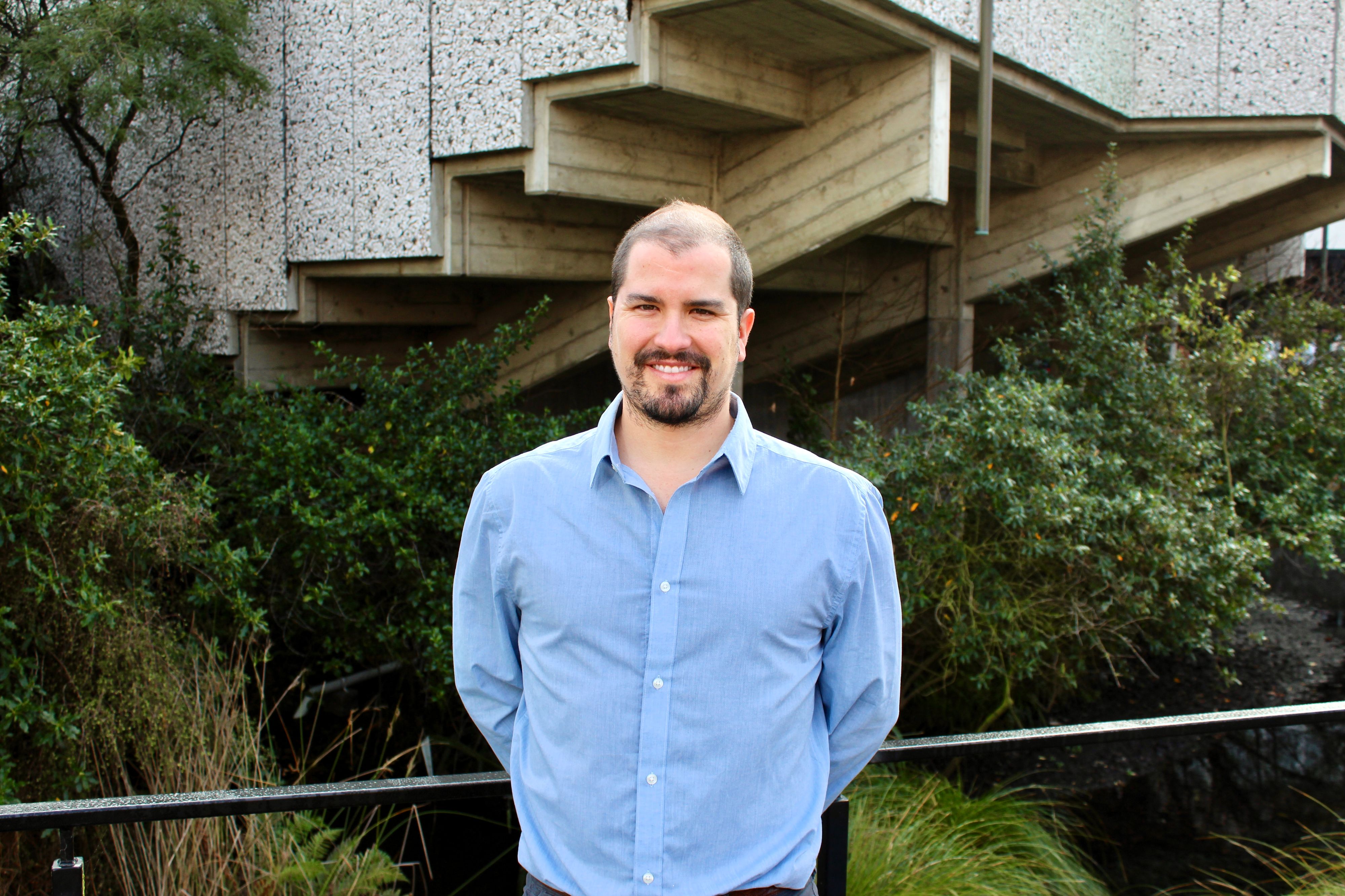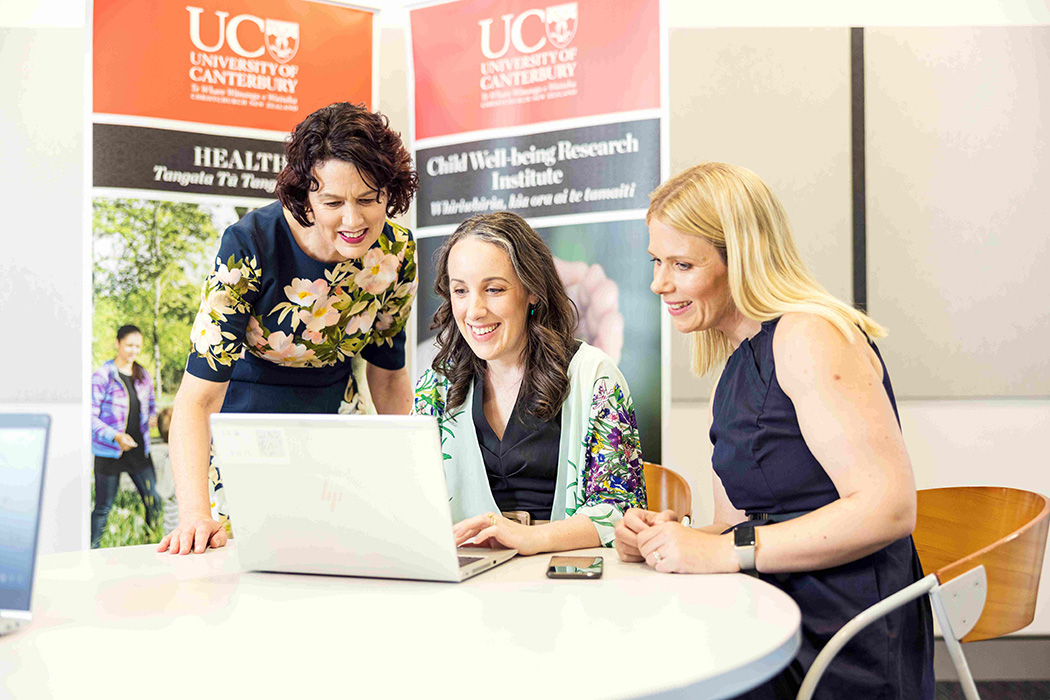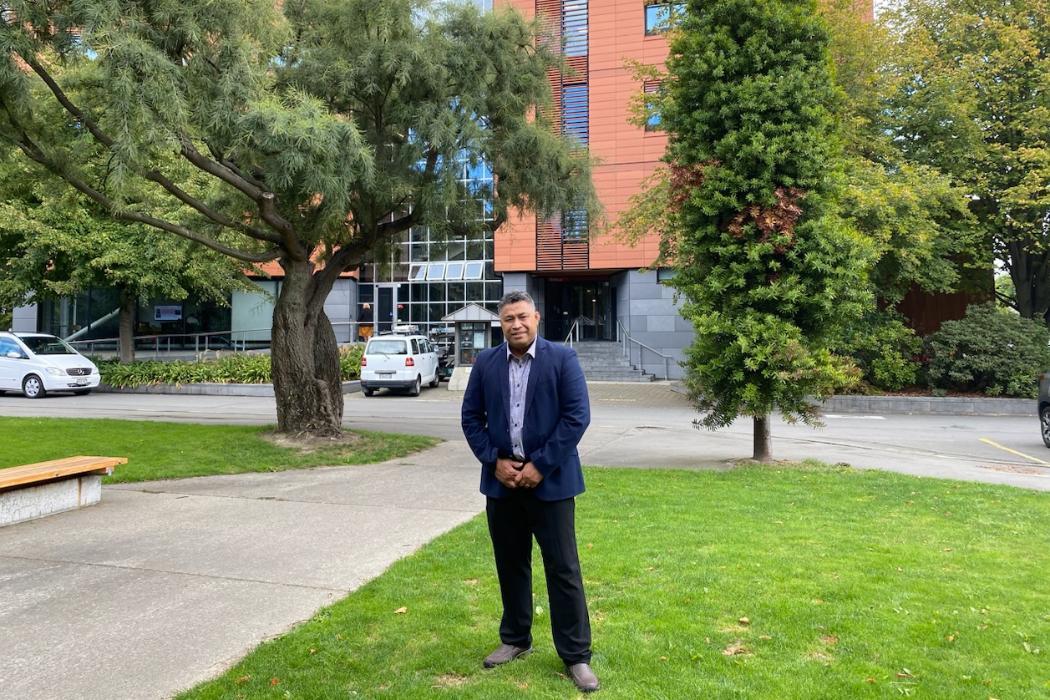Dr Vonasch is a social psychologist who studies moral judgment and decision making. He is internationally recognised for leading several important studies on reputation management, which found that people are willing to sacrifice much more than was previously thought to protect themselves from the court of public opinion.
In hypothetical situations, according to Dr Vonasch’s research, people say they would prefer amputation or death to experiencing severe reputational damage. These findings were backed up by analysis of people’s values priorities across 100 countries, and two lab experiments in which people opted to endure physical pain and put their hands into a bucket full of live worms rather than experience ostensible damage to their reputation.
“My research interests revolve around the conflict between people’s pursuit of self-interest and the psychology of cooperation,” Dr Vonasch says. “For example, people can often pursue short-term benefits, but in so doing damage their reputation. From the social animal perspective, people should be highly protective of their reputations, because your reputation is a key unlocking access to the fruits of society,” he says.
“So, I think it’s reasonable and rational for people to protect it. If you lose it then you can lose everything, including your job, your house, based on someone trying to cancel you. With the prevalence of social media, the status of your reputation is a very relevant issue today.”
Dr Vonasch has found that whether people act in ways that will protect their reputation depends on whether they consider the future consequences of their actions.
He has also explored people’s beliefs about free will, strategic protection of reputation, and how they determine whether another person’s actions are done in good faith or because of ulterior motives.
He is currently working on a new psychological theory to model how people perceive other people’s potentially hidden motives. “We’ve found that when you offer people too much money, they become suspicious about why you’re doing that, and imagine there are going to be phantom costs involved. It can actually make them less willing to do what you’re paying them to do.”
He says while society often thinks that money, sex, or self-interest are the main drivers of human behaviour, there are other factors that matter just as much. “People are strongly motivated to do the right thing or what they think is the right thing, because they have a sense of morality.”
Dr Vonasch makes important contributions to the UC research community, including supervising a research lab that attracts many postgraduate and undergraduate students. His work is regularly published in the field’s top journals and has received over $288,000 in external grant funding.
He has collaborated with other psychologists, including well-known American social psychologist Roy Baumeister, and with high-profile American philosopher Alfred Mele.
Dr Vonasch also created a science-education YouTube series, MoralSaurus, featuring a dinosaur puppet that interviews scientists from around the world about their research, and then “eats” them.




.jpg)






